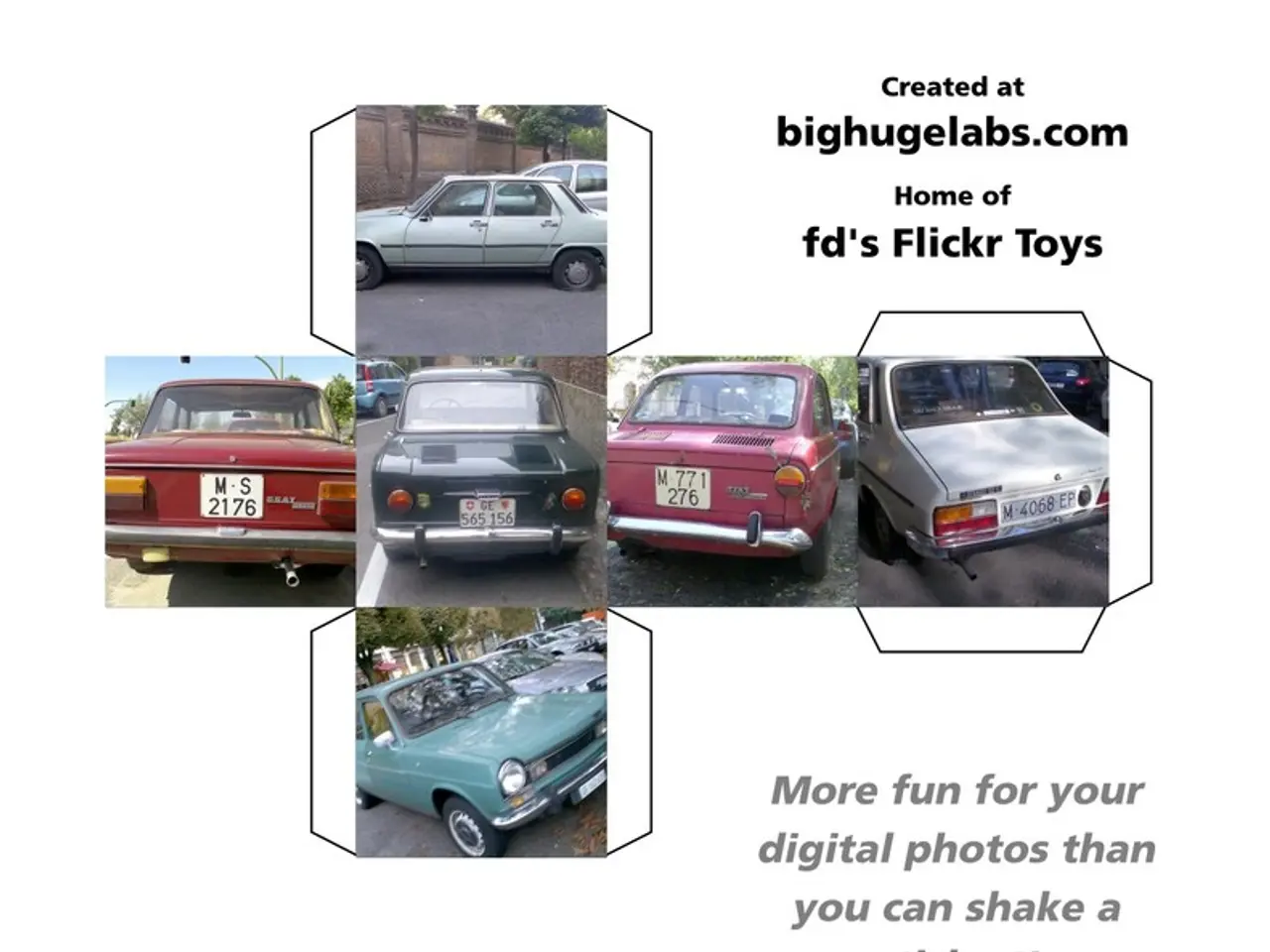Delayed Recall Repairs Equate to Lost Income?
In the fast-paced world of automobiles, recalls are an unfortunate yet necessary part of the industry. With millions of vehicles affected each year, it's essential that owners are promptly notified and choose to act on these recalls to ensure their safety and the safety of others on the road.
However, a significant number of car owners choose to ignore recall notices for various reasons. These reasons range from a lack of time, the dealership being too far away, or the notification arriving late or with outdated contact information [1][3]. This ignorance can lead to disastrous results, as ignoring recall notices can potentially lead to a civil suit if the vehicle is loaned to someone else [1].
To address this issue, efforts are being made to improve recall communication with affected owners. Automakers send official recall notices by mail, marked clearly with “Safety Recall Notice,” though this sometimes misses subsequent owners or those who moved without updating vehicle registries [3]. Recall lookup services that allow consumers to check recall status by Vehicle Identification Number (VIN) are also available, helping owners stay informed even without direct notification [2][3].
Innovative tools like BizzyCar’s platform are automating recall communications by syncing notifications with part availability and service readiness, sending personalized messages (including SMS), enabling hands-free appointment scheduling, and increasing recall completion rates [5]. Policy initiatives backed by industry leaders aim to modernize recall communication by allowing digital-first approaches, such as text messages as initial notifications, to better match current consumer communication habits and improve owner engagement [5].
As vehicles become more technologically complex, more software recalls seem inevitable. To combat this, getting dealers more involved in the notification process is one recommendation [1]. Recalls affect an array of components and systems, such as seatbelt sensors, headlights, fuel locks, transmissions, steering, leaks, tires, brakes, and software [1].
It's important to note that not all recall issues are life-threatening; some can be as simple as a typo in the owner's manual [1]. However, it's crucial for car owners to understand that ignoring a recall notice can lead to potential future costs or risks if the recall goes unaddressed [1].
In the U.S., there were 366 unique recalls affecting more than 20 million vehicles last year [1]. To expand channels of communication to contact current vehicle owners, the National Highway Traffic Safety Administration (NHTSA) is proposing monthly communications over multiple channels, including emails and text messages [1]. NHTSA's proposal to include emails in the notification efforts "will be very beneficial, because email addresses change less frequently than mailing addresses" [1].
In New York, efforts to improve recall communication are particularly notable. New York requires annual car safety inspections. Inspectors now check to see if a vehicle is on a recall list and can go so far as to slap a "do not drive" designation on a vehicle [1]. The New York State DMV, through deputy commissioner Rebecca Wood, is actively involved in recall notifications, and people are more likely to get their car fixed if they receive a letter from them [1].
In conclusion, while recalls can be a challenging aspect of the automobile industry, efforts are being made to improve recall communication and engagement. By staying informed and acting on recall notices, car owners can ensure their safety and the safety of others on the road.
- In the future, connected cars may be integrated into the supply chain, enabling real-time recall notifications for affected vehicles, thus mitigating the risk of past communication failures.
- As sports cars are often high-performance vehicles with complex technology, their recall notices become crucial, and improved communication methods could ensure timely response, enhancing safety on the race track and public roads alike.






